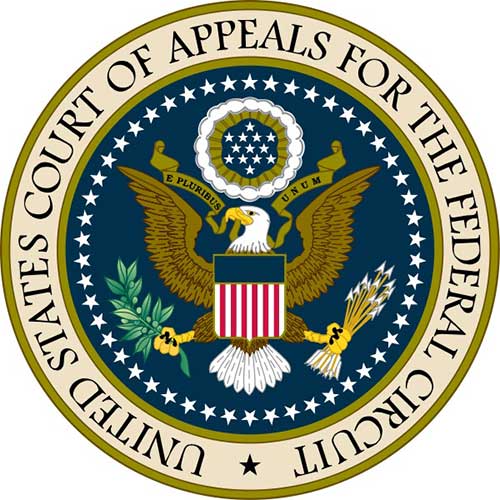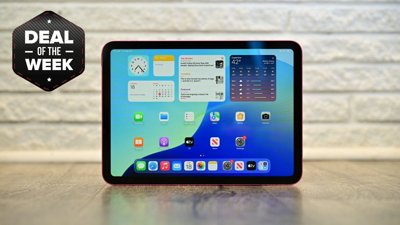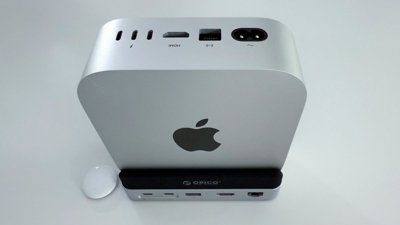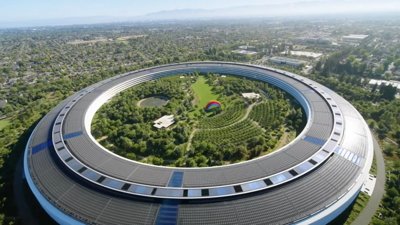With 40 percent of the billion-dollar patent infringement verdict against it put on hold, Samsung is now asking for the court to appoint a new jury to determine whether 14 of its products infringed Apple's products at all — a move that could lead to a lower overall monetary judgment.
In preparing to respond to Apple's request for an April 3 case management conference and near-term damages trial, Samsung according to FOSS Patents has asked permission to exceed the court's page limit for its response. Samsung's explanation for exceeding the page limit invokes the Seventh Amendment, claiming that a new jury cannot simply rely on a previous jury's decision to determine new damages for the 14 products vacated from the $1.05 billion verdict, but that they must determine whether the products actually infringed patents Apple holds.
"[I]f the Court declines to enter the partial final judgment and stay that Samsung has requested, and instead sets the case for immediate new trial [as Apple requested], the Seventh Amendment would require that the new jury retry certain liability issues along with the damages issues that are subject to the Court's new trial order. See, e.g., Gasoline Products Co. v. Champlin Ref. Co., 283 U.S. 494, 500-501 (1931) (a 'partial new trial…may not properly be resorted to unless it clearly appears that the issue to be retried is so distinct and separable from the others that a trial of it alone may be had without injustice. Here the question of damages on the counterclaim is so interwoven with that of liability that the former cannot be submitted to the jury independently of the latter without confusion and uncertainty, which would amount to a denial of a fair trial.')
In August, a jury awarded Apple a $1.05 billion verdict, finding that a wide range of Samsung products infringed on Apple design and software patents. Judge Koh in early March vacated $450 million of that verdict, finding that the jury had improperly awarded damages for 14 products and that new proceedings were necessary in order to establish the proper damages for those devices.
Apple, meanwhile, wants to make progress with regard to the damages already awarded, as well as to secure injunctive relief on infringing products. Judge Lucy Koh has previously denied Apple's requests for sales bans on products like the Galaxy Nexus. Samsung has played vigorous defense against Apple's appeals of Koh's decision.
Samsung has also indicated that, should Koh grant Apple's request for a partial final judgment, Samsung will file an immediate appeal of that decision and ask that that appeal be consolidated with Apple's appeal of the denial of a permanent injunction. Doing so would introduce a number of other issues into the process, likely pushing a final judgment much further into the future.
 Kevin Bostic
Kevin Bostic







-m.jpg)






 William Gallagher
William Gallagher
 Christine McKee
Christine McKee
 Malcolm Owen
Malcolm Owen
 Mike Wuerthele
Mike Wuerthele
 Andrew Orr
Andrew Orr
 Andrew O'Hara
Andrew O'Hara






-m.jpg)



23 Comments
As opposed to hoping they'd have their guilt reaffirmed and have to pay three times the damages for forcing Apple to wait longer.
Sounds wrong to me. This is an appeal, not a retrial. You can't appeal an old decision without taking it into account, idiots.
You gotta love our legal system: even when you think it's over, even when a jury of peers has decided, it really isn't.
Obfuscate, quibble, parse; Samsung does whatever it can to slow down the process of justice, making the ultimate restitution no more effective than a slap on the wrist. The judge, if she were really interested in serviing the cause of justice, would call a halt to this sham of a trial. Samsung was found with its hand in the cookie jar. It's time to mete out sufficient punishment to get them to stop this behavior.
It's time to mete out sufficient punishment to get them to stop this behavior.
And $1,000,000,000 isn't sufficient punishment.
So a new jury can't copy the previous one's decisions? Suck it up, Sammy.